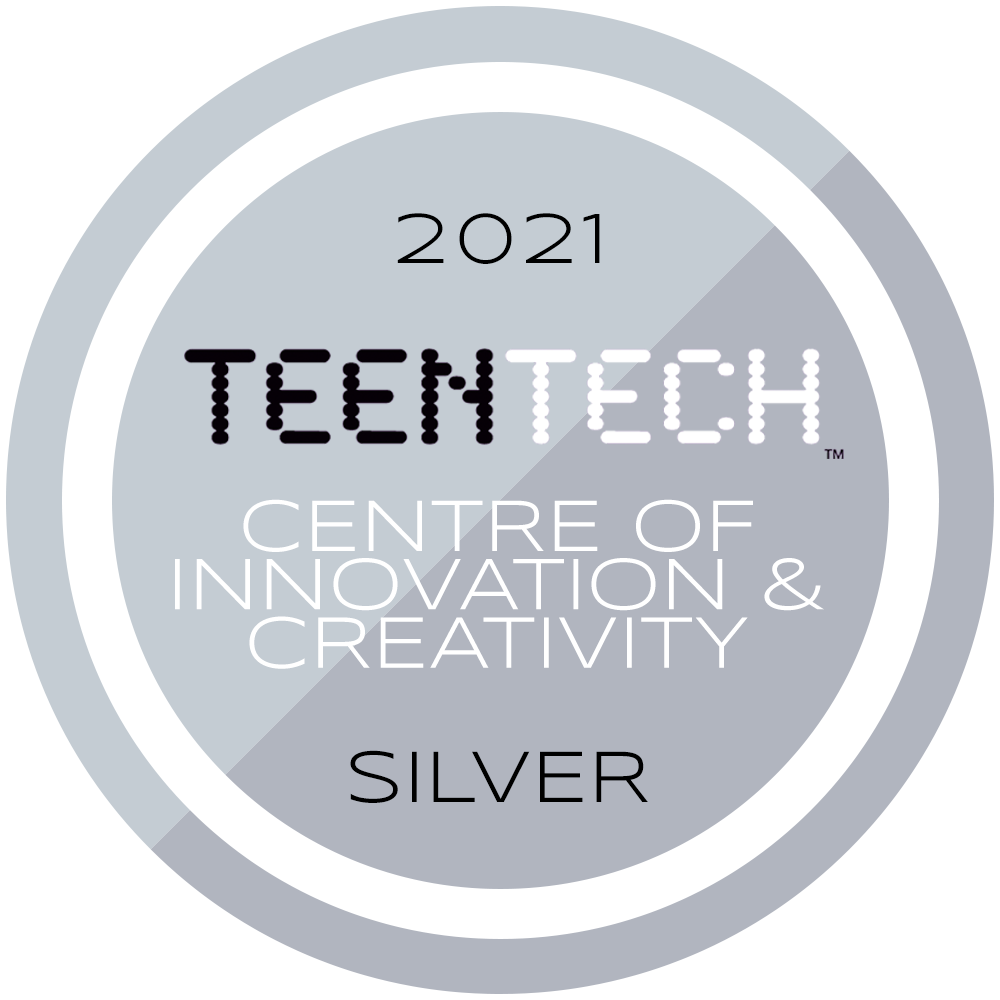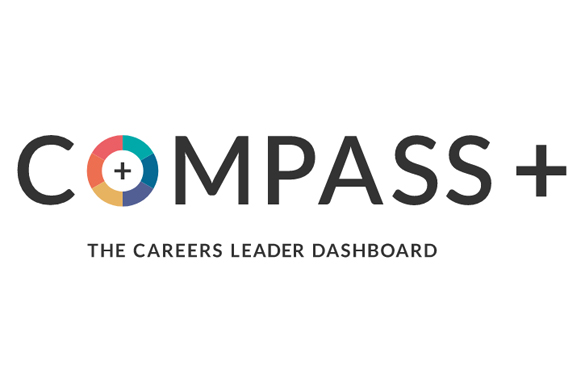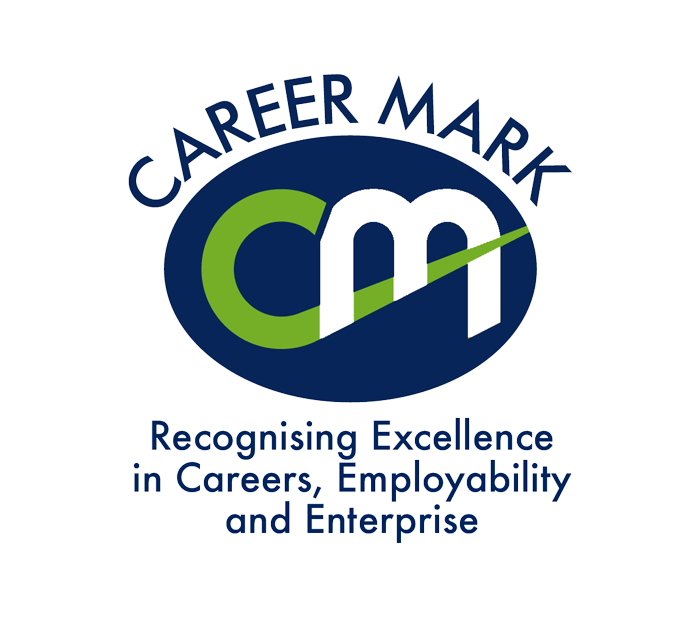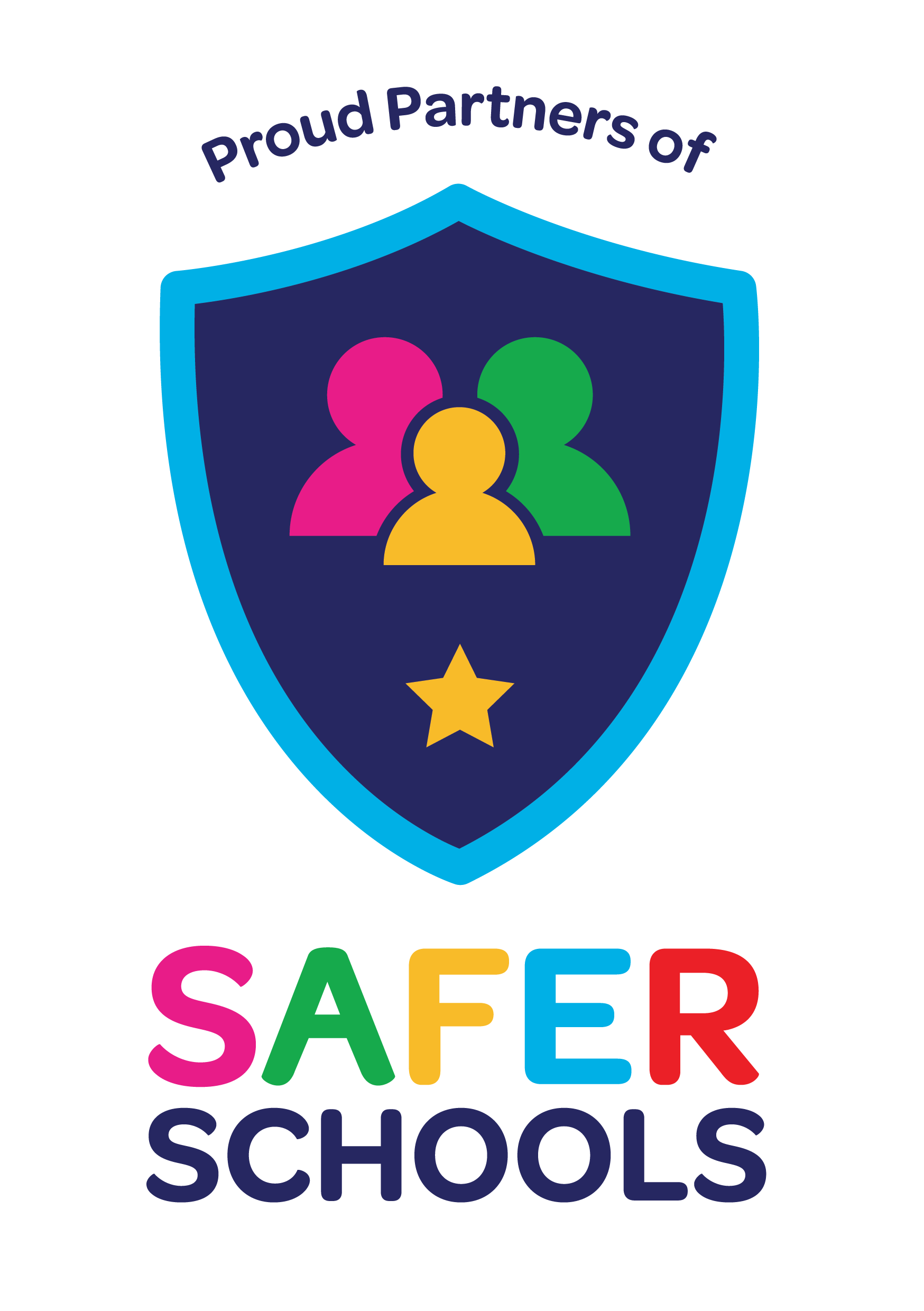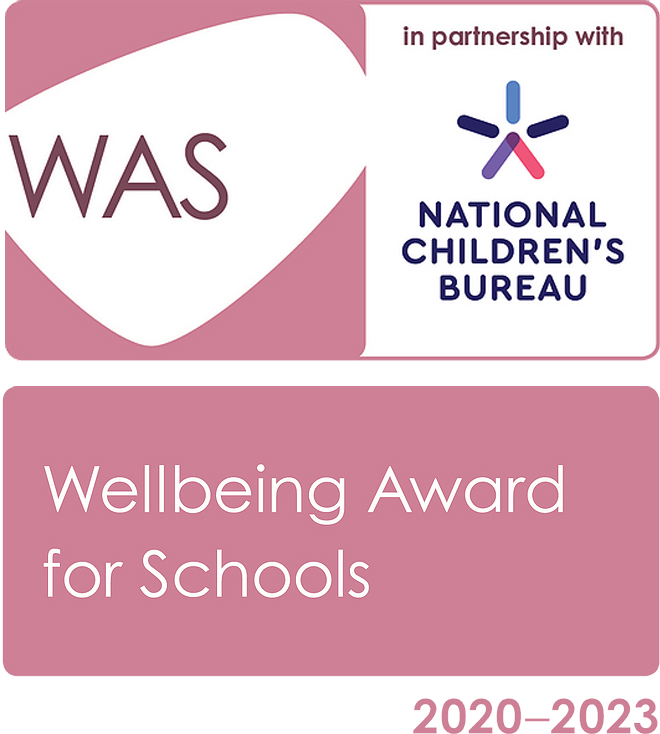KS4 Careers Links
Take a look at the information provided below to see what careers each subject could lead to. Alternatively, you could check out this Padlet which is full of great advice: https://padlet.com/hdymond/6xnthc56jh1y6ywn
Studying Business, Finance and Economics could lead to the following careers/job roles:
- Actuarial analyst
- Arbitrator
- Business adviser
- Business analyst
- Business development manager
- Chartered management accountant
- Corporate investment banker
- Data analyst
- Data scientist
- Forensic accountant
- Insurance underwriter
- Management consultant
- Project manager
- Risk manager
- Stockbroker
- Supply chain manager
Further Reading/Support
To read more about careers in Business, Finance and Economics, check out the following websites:
https://www.prospects.ac.uk/careers-advice/what-can-i-do-with-my-degree/business-management
https://targetcareers.co.uk/career-sectors/business/338-would-a-career-in-business-suit-me
https://nationalcareers.service.gov.uk/job-categories/business-and-finance
Additional Advice:
The broad business-related content of this qualification serves as an excellent grounding for university or HND study within an array of subjects including: Business, Finance, Banking, Human Resources, Marketing, IT, Event Management and Accounting (amongst others).
For students who choose to move straight into employment, the Business Studies programme of study may support access to employment in areas such as in Marketing, Finance, Events Management, Communications, Insurance, Banking, and Office Administration.
Vocational qualifications are also a fantastic springboard into Higher Apprenticeships or Degree Programmes.
Studying Health and Social Care alongside Child Development could lead to the following careers/job roles:
- Adult nurse
- Paediatric nurse
- Care worker
- Community development worker
- Counsellor
- Health promotion specialist
- Occupational therapist
- Social worker
- Youth worker
- Early years practitioner
- Teacher
- Midwife
- Child life specialist
- Child protection officer
- Cognitive behaviour specialist
- Forensic psychologist
- Post degree conversion course from nursing to medical school
Further Reading/Support
To read more about careers in music technology, check out the following websites:
https://www.healthcareers.nhs.uk/working-health/working-social-care
https://www.prospects.ac.uk/careers-advice/what-can-i-do-with-my-degree/early-childhood-studies
Additional Advice:
Working in Health and Social Care and/or child development opens up a whole world
of different professions. University and apprenticeship courses are both ideal routes
into a vast array of rewarding career pathways.
Studying Dance could lead to the following careers/job roles:
- Professional Dancers
- Choreographer
- Community Dance Artist
- Dance Therapy Artist
- Dance Studio Owner
- Talent Agent
- Dance Critic
- Dance Company Director
- Physiotherapist
- Dance Teacher
- Arts Council Director
- Blogger
- Fitness Coach/Personal Trainer
- Yoga Instructor/Pillates Instructor
Further Reading/Support
To read more about careers in Dance, check out the following websites:
https://www.academicinvest.com/arts-careers/dance-careers
Additional Advice:
There are a number of fantastic courses for dance in the UK. There is the option to train at a professional conservatoire such as Trinity Laban which offers direct professional training with the intention of moving into a career in dance. If a student would like to obtain a degree they can either top their professional training up to a BA Hons or they can directly access a BA Hons through a university. Three of the top university courses for dance in the UK are Middlesex, Roehampton and Chichester Universities.
Studying drama can open you up to many opportunities in the acting industry, which are not just ‘acting’. These are the things you could consider if you wanted to have a career in drama:
- Film or theatre actor/actress
- Stage Director
- Lighting/set designer
- Drama Therapist
- Leader of drama clubs
- Talent Agent
- Drama Critic
- Drama/Performing Arts Teacher
- Usher
- Dance Teacher
- Television/film producer
- Youth and community worker
- Arts Administrator
- Presenter/broadcast journalist
- Cinematographer
- Theatrical/film producer
- Scriptwriter for television film or theatre.
Studying Engineering could lead to the following careers/job roles:
- Car detailer
- Car rental agent
- Tire technician
- Vehicle inspector
- Auto instructor
- Auto body repair technician
- Auto mechanic
- Auto electrician
- Tow truck driver
- Car salesperson
- Auto sales manager
- Auto engineer
- Process engineer
- Auto designer
- Quality testing engineer
Further Reading/Support
To read more about careers in Engineering, check out the following websites:
https://www.ford.co.uk/experience-ford/careers/careers-at-ford/apprentices https://nationalcareers.service.gov.uk/job-profiles/automotive-engineer
Additional Advice:
To work in this area, both university courses and apprenticeships or on the job training are equally as useful. Getting experience while you are studying is key, in order to familiarise yourself with the technology in the professional world and also to get to know other professionals as networking can be key to success.
There’s a massive range of IT, technology and computing roles so first narrow down what you want to do. The skills you need to improve depend on which job you’re aiming for.
Computer science is seen as a rigorous academic discipline. The skills developed in computer science are transferrable and could be used in any chosen career path.
Studying French could lead to the following careers/job roles:
- Translator
- Interpreter
- Flight Crew
- Lawyer
- International Marketing
- MFL teacher/languages assistant
- Ambassador
- Civil Servant
- YouTuber
- Media
Further Reading/Support:
To read more about careers in French, check out the following websites:
https://www.alllanguages.org.uk/research-practice/why-study-languages
https://scilt.org.uk/Business/Jobprofilesandcareers/Languagesforyourfuture/tabid/5004/Default.aspx
https://www.iti.org.uk/discover/career-in-translation-and-interpreting.html
Additional Advice:
To work in this area, both university courses and apprenticeships or on the job training are equally as useful. Living in the country of the language you are studying, whilst studying is key, in order to familiarise yourself with the cultures and traditions of the country.
Studying Food Science could lead to the following careers/job roles:
- Head chef
- Catering / Hospitality management e.g. Hotel, Restaurant, Guest Houses
- New product development chef for retailers
- Food Photography
- Nutritionist / Dietician (NHS)
- Public Health Nutrition (Government)
- Food Teacher / College Lecturer
- Farming
- Tasting – sensory analysis
- Food critic
- Food Journalist
- Environmental Health Officer
- Engineer
- Food Psychologist – counselling etc
- Food Hygiene course leader – training businesses and individuals in how to work safely
- Microbiologist – analysing food samples
- Allergy specialist
- Food Production
- Researcher
- Sales/ Marketing
- Food Stylist
- Health and Fitness – personal trainer
- Quality Assurance
- Food Quality or Retail Management
- Chef
- Cakemaker
- Chocolatier
- Food Scientist
- Food Business Analyst
Further Reading/Support
To read more about careers in Food Science, check out the following websites:
https://www.ocr.org.uk/qualifications/gcse/computer-science-j277-from-2020/
Additional Advice:
To work in this area, both university courses and apprenticeships or on the job training are equally as useful. Getting experience while you are studying is key, in order to familiarise yourself with the technology in the professional world and also to get to know other professionals as networking can be key to success. There are many options for apprenticeships and a lot of university courses offer a year in the middle of the course where you get industrial experience and work in a real job role in the food industry, for example in Quality Assurance or Product Development, or even as a team leader or manager in an establishment.
Studying Geography could lead to the following careers/job roles:
- Cartographer
- Climatologist
- Geomorphologist
- GIS Specialist
- Soil conservationist
- Town Planner
- Geography Teacher
- Further Reading/Support:
Further Reading/Support
To read more about careers in Geography check out the following websites:
https://www.bruntcliffe.leeds.sch.uk/academy-information/ciag/skills-in-the-curriculum/
Royal Geographical Society – Why you should study geography (rgs.org)
What can I do with a geography degree? | Prospects.ac.uk
Additional Advice:
- You will need an undergraduate bachelor’s degree in a relevant subject, such as geography. Degrees with cartographic or GIS elements will give you a head start in applications so consider these in your optional modules.
- If you want to do a postgraduate study, a course in cartography, remote sensing, photogrammetry, digital mapping, GIS or surveying may also be helpful. This may increase your chances of getting employment, but are not always necessary.
- In applications, employers may ask for a portfolio of maps, which could be completed through your degree or through relevant work experience.
Entry to these fields tend to be fairly competitive. Therefore though pre-entry experience is not necessary, practical experience through work placements may place you at an advantage.
Studying History could lead to the following careers/job roles:
- Historian
- Politician
- Lawyer
- Journalist
- Archivist
- Military
- Doctor
- Librarian
- Police
- Museum Curator
- Heritage manager
- Civil Service administrator
- Teacher
- Marketing
- Talent Agent
- Human Resources
- Archaeologist
- Charities
- Banking
Further Reading/Support
To read more about careers in History check out the following website:
https://www.prospects.ac.uk/careers-advice/what-can-i-do-with-my-degree/history
Additional Advice:
For all of these gaining experience as a volunteer or as work experience can be a huge benefit when looking for a full-time position. It is the skill of knowing why people react differently based on their past which is really valued in a lot of these jobs.
Studying ICT could lead to the following careers/job roles:
- Web Developer
- IT Systems Analyst
- Software Developer
- Network Optimisation Engineer
- Network Support Engineer
- IT Consultant
- Software Engineer
- Sales & Marketing Executive
- Information Analyst
- Graduate Management Trainee
- IT Implementation Support Analyst
- IT Help Desk Supervisor
- Business Analyst
- Assistant Project Planner
- Enterprise Risk Consultant
- Data Analyst
- Programmer
- Founder of start-up
- Self Employed
- Computer Science Teacher
Further Reading/Support
To read more about careers in ICT, check out the following websites:
https://www.ocr.org.uk/qualifications/gcse/computer-science-j277-from-2020/
Additional Advice:
To work in this area, both university courses and apprenticeships or on the job training are equally as useful. Getting experience while you are studying is key, in order to familiarise yourself with the technology in the professional world and also to get to know other professionals as networking can be key to success.
There’s a massive range of IT, technology and computing roles so first narrow down what you want to do. The skills you need to improve depend on which job you’re aiming for.
Computer science is seen as a rigorous academic discipline. The skills developed in computer science are transferrable and could be used in any chosen career path.
Studying mathematics could lead to the following A to Z careers/job roles:
- Architecture
- Building and Construction
- Criminology
- Dentistry
- Electrical Engineering
- Forensic Science
- Game design
- Hospitality
- Interior design
- Journalism
- Kinesiologist
- Landscape and gardening design
- Medicine
- Nursing
- Occupational therapy
- Physiotherapy
- Quantity surveying
- Real estate
- Sport and exercise science
- Textile design
- Urban planning
- Veterinary medicine
- Web design
- Youth and community work
- Zoology
Further Reading/Support
To read more about careers in mathematics, check out the following websites:
https://www.mathscareers.org.uk
Additional Advice:
Mathematics is used in all careers. You must always check the level required for
your particular career, some careers will need A level or degree level mathematics!
Studying Music could lead to the following careers/job roles:
- Video and sound engineer
- Recording engineers
- Music directors/conductors
- Music teacher
- DJ
- Musical therapist
- Music journalist
- Music agent
- Performer
Further Reading/Support
To read more about careers in Music check out the following websites:
https://www.careersinmusic.com/music-careers/
Additional Advice:
For a career in the music industry, check which qualifications you need depending on the area you wish to pursue. You made need a degree or get an apprenticeship which requires you to work as you study. Take part in as much both inside and outside the school in your local community. This could be through local productions, radio stations or publications.
Studying Music Technology could lead to the following careers/job roles:
- Sound engineer
- Music producer
- Audio/Visual specialist
- Studio technician
- Media composer
- Lighting designer
- TV/Film/Radio sound design
- Music publishing
- Music management
- Music Technology teacher
Further Reading/Support
To read more about careers in Music Technology check out the following websites:
https://www.musictech.net/guides/essential-guide/how-to-make-career-music-technology/https://www.adorama.com/alc/8-careers-in-music-production-you-should-know-about
Additional Advice:
To work in this area, both university courses and apprenticeships or on the job training are equally as useful. Getting experience while you are studying is key, in order to familiarise yourself with the technology in the professional world and also to get to know other professionals as networking can be key to success.
Studying Religious Studies: Philosophy and Ethics could lead to the following careers/job roles:
- Barrister
- Chaplain
- Religious Orders
- Civil Service Fast Streamer
- Health service manager
- Local government officer
- Marketing executive
- Newspaper journalist
- Paralegal
- Policy officer
- Psychotherapist
- Recruitment consultant
- Solicitor
- Stockbroker
Further Reading/Support
To read more about where a degree in Religious Studies: Philosophy and Ethics can take you, check out the following websites:
Additional Advice:
Studying Religious Studies: Philosophy and Ethics opens so many doors due to the nature of the subject being wisdom and analytic skills. If you enjoy reading and writing, this is the perfect subject for you as it covers a broader range of topics than most, such as, Philosophy of Art, Aesthetics, Sociology of Religion, Psychology of Religion, Philosophy of Literature, Philosophy of Science and so much more.
https://www.thecompleteuniversityguide.co.uk/subject-guide/philosophy
Studying Biology could lead to the following careers/job roles:
- Archaeologist
- Forensic Scientist
- Veterinarian
- Doctor
- Teacher/Lecturer
- Marine Biologist
- Farming
- Nurse
Studying Chemistry could lead to the following careers/job roles:
- Chemical Researcher
- Biochemist
- Teacher/Lecturer
- Forensic Scientist
- Chemical Engineer
- Pharmacologist
- Cosmetic Scientist
Studying Physics could lead to the following careers/job roles:
- Astronomer
- Satellite Engineer
- Solar Energy Physicist
- Aeronautical Engineer
- Forecaster
- Teacher/Lecturer
- Pilot
Further Reading/Support
To read more about careers in science, check out the following websites:
https://nationalcareers.service.gov.uk/job-categories/science-and-research
https://targetcareers.co.uk/career-sectors/science
https://targetcareers.co.uk/career-sectors/science/156-how-to-become-a-scientist-careers-in-science
Additional Advice:
If you’re interested in a career in science you could look for higher apprenticeship programmes, which are offered by a few large employers. However, there are also many smaller employers in science and since these tend to take on only graduates – and larger employers also run graduate schemes – you may decide that going to university would suit you better. Whichever route you choose, you will first need to make sure you are taking the right A levels, or equivalent.

